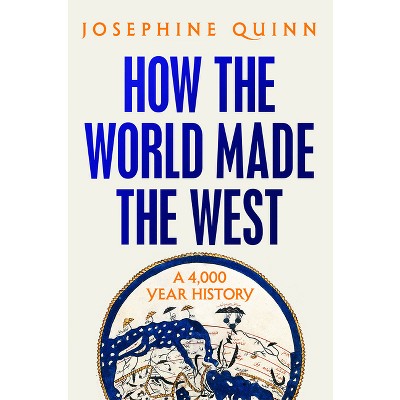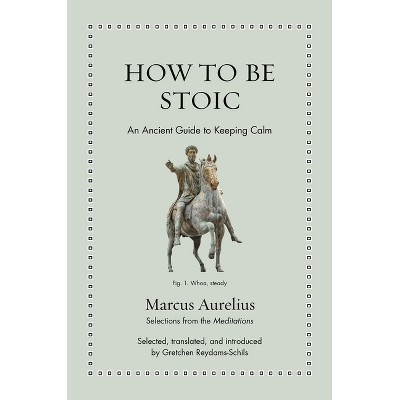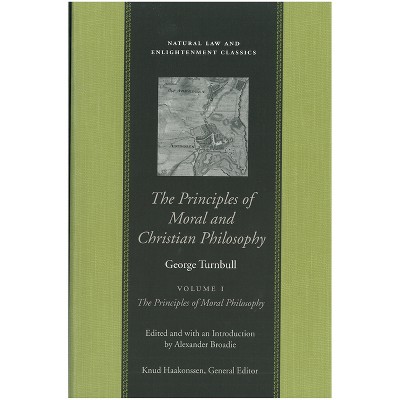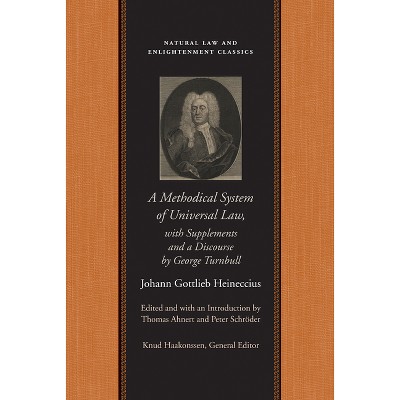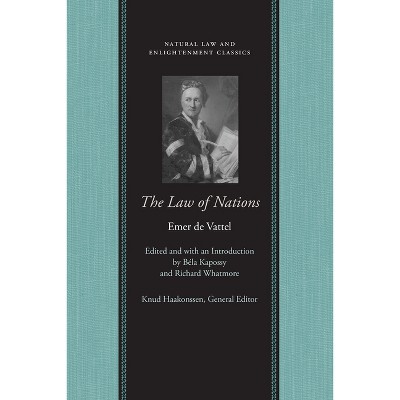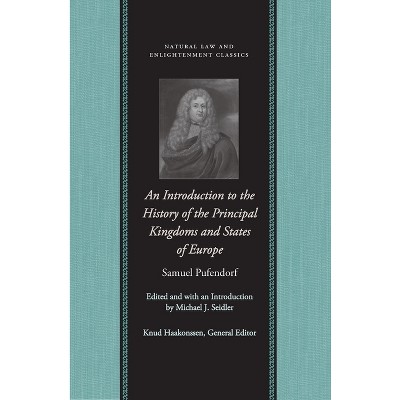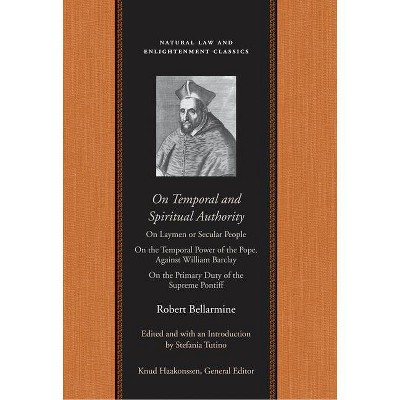Sponsored

A System of Moral Philosophy - (Natural Law and Enlightenment Classics) by Francis Hutcheson
Pre-order
Sponsored
About this item
Highlights
- A System of Moral Philosophy is the major synthesis of the moral, social, and political thought of Francis Hutcheson (1694-1746).
- About the Author: Christian Maurer teaches philosophy at the Collège St-Michel, Fribourg, Switzerland, and he is an associate member of the research center PHARE, Université Paris-1 Panthéon-Sorbonne.
- 712 Pages
- Philosophy, Ethics & Moral Philosophy
- Series Name: Natural Law and Enlightenment Classics
Description
About the Book
A System of Moral Philosophy is the major synthesis of the moral, social, and political thought of Francis Hutcheson (1694-1746). He is one of the most influential figures of the Scottish Enlightenment, and this work is his concerted effort to make his theory of humanity's innate moral sense compatible with and the foundation of natural jurisprudence that encompasses a system of natural rights and duties. To this dual intellectual construction Hutcheson then added a third factor: his version of the republican theory of government. System combines continental European, English, and Scottish intellectual debates into a unique synthesis that became of the greatest importance in the Enlightenment in Ireland, Scotland, and America and in the history of moral and political thought.Book Synopsis
A System of Moral Philosophy is the major synthesis of the moral, social, and political thought of Francis Hutcheson (1694-1746). He is one of the most influential figures of the Scottish Enlightenment, and this work is his concerted effort to make his theory of humanity's innate moral sense compatible with and the foundation of natural jurisprudence that encompasses a system of natural rights and duties. To this dual intellectual construction, Hutcheson then added a third factor: his version of the republican theory of government. Hutcheson's argument is conducted within a general metaphysical assumption that human life is providentially arranged, but it is at the same time a concrete intervention in the intense debates of the early eighteenth century about the rights of religious establishments, individual rights and duties, the justification of political authority, and the social importance of a morally educated elite. Here, Hutcheson articulates his striking criticism of slavery and colonialism.
Although he seems to have covered the themes that he intended, Hutcheson was dissatisfied with the execution and put the work aside. It was published posthumously in 1755 by his son, Francis, and his protégé and colleague, William Leechman.
System combines continental European, English, and Scottish intellectual debates into a unique synthesis that became of the greatest importance in the Enlightenment in Ireland, Scotland, and America and in the history of moral and political thought. Hutcheson was deeply influential for what became the Revolutionary generation in America, many of whom had been educated in a Hutchesonian curriculum. At the same time, System was quickly translated into German in 1756 and later into French in 1770. This is a major work of its time and of enduring significance.
About the Author
Christian Maurer teaches philosophy at the Collège St-Michel, Fribourg, Switzerland, and he is an associate member of the research center PHARE, Université Paris-1 Panthéon-Sorbonne. He is the author of Self-love, Egoism and the Selfish Hypothesis (2019) and various studies on early modern and contemporary moral philosophy.



